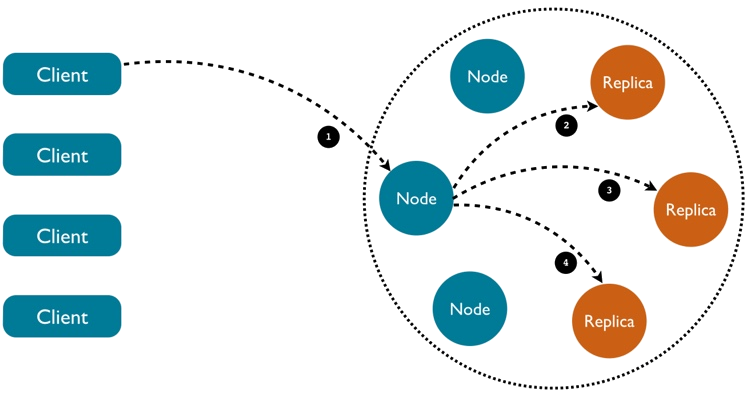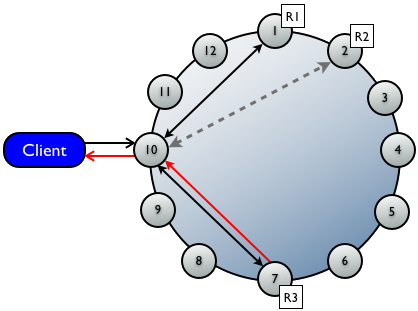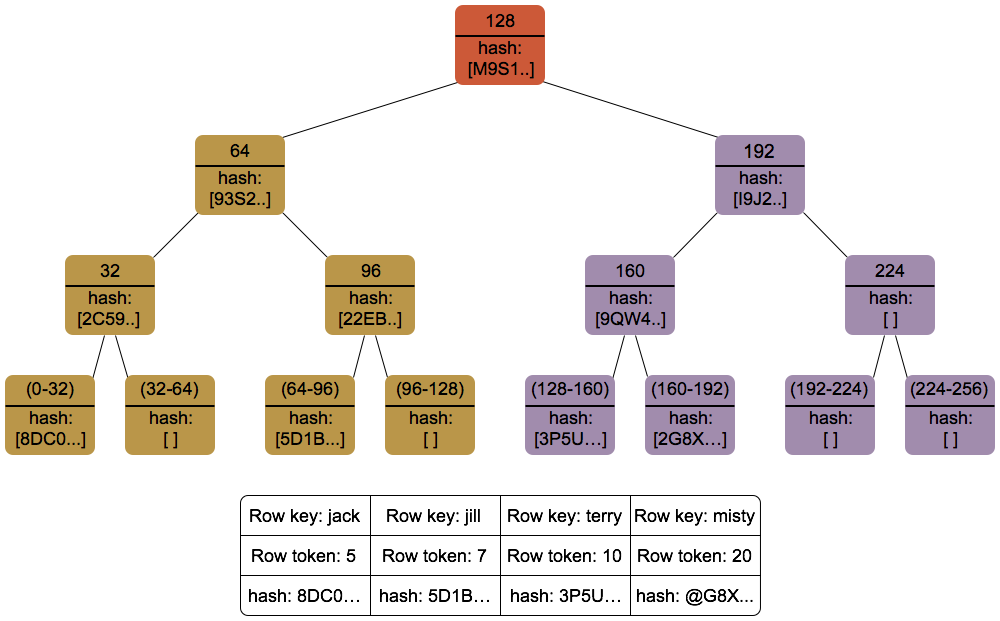Taking the pain
out of repairs

About The Last Pickle
Work with clients
to deliver and improve
Apache Cassandra based solutions
Based in
USA, New Zealand, Australia, France
Repair
Pain
Strategies
Incremental Repair


Repairs is the way to ensure
consistent data on disk


- Hinted Hand-off
- Read Repairs
- Digest Mismatches
- Tombstones
Repair Internals
anti-entropy
--> validation compaction
--> merkle tree
--> streaming
Repair Internals

Repair Internals

Repair Internals
RepairJob
(Merkle Tree)
RepairSession
Differencer
StreamingRepairTask
RepairSession
StorageService
the pain
-
merkle tree
- CPU & IO intensive
- Memory intensive
- Busts fs cache
- parallel replica load
- over streaming
take the pain away
- Don't Repair
- Break It Down
- Incremental Repairs
take the pain away
Don't Repair
take the pain away
Break It Down
$ bin/nodetool repair -pr$ bin/nodetool repair -in-local-dc$ bin/nodetool repair -st 3074457345618258602 -et -9223372036854775808For automatic range repairs
see https://github.com/BrianGallew/cassandra_range_repair
take the pain away
Incremental Repairs
Incremental Repairs
- Concept
- Complexities
- Migration
- Problems
Incremental Repairs
SSTables are immutable,
so repair was processing data
that had not changed
Incremental Repairs
Repairing less data, more frequently,
reduces the impact on the cluster
Incremental Repairs
Track repaired timestamp per SSTable
Ignore SSTables that have been repaired
Incremental Repairs
$ tools/bin/sstablemetadata keyspace1-standard1-ka-5-Data.db
SSTable:
...
Repaired at: 0
$ bin/nodetool repair --incremental
$ tools/bin/sstablemetadata keyspace1-standard1-ka-5-Data.db
SSTable:
...
Repaired at: 1454500502306Incremental Repairs
Splits partially repaired SSTables
into
Repaired and Un-repaired SSTables
Incremental Repairs
$ ls -lah keyspace1/standard1
keyspace1-standard1-ka-9-Data.db
keyspace1-standard1-ka-10-Data.db
$ bin/nodetool repair --incremental
-st 3074457345618258602 -et -9223372036854775808
$ ls -lah keyspace1/standard1
keyspace1-standard1-ka-11-Data.db
keyspace1-standard1-ka-12-Data.db
keyspace1-standard1-ka-13-Data.db
keyspace1-standard1-ka-14-Data.dbIncremental Repairs
$ tools/bin/sstablemetadata keyspace1-standard1-ka-11-Data.db
...
Repaired at: 1454504607623
$ tools/bin/sstablemetadata keyspace1-standard1-ka-12-Data.db
...
Repaired at: 0
$ tools/bin/sstablemetadata keyspace1-standard1-ka-13-Data.db
...
Repaired at: 1454504607623
$ tools/bin/sstablemetadata keyspace1-standard1-ka-14-Data.db
...
Repaired at: 0Incremental Repairs
Two sets of SSTables are maintained:
Repaired and Un-repaired
Proper Migration
- Disable compaction
- Run a classic full repair
- Stop the node
-
stablerepairedsetall SSTables - Start the node
Simple Migration
the other way
Problems
- 2x compactions
- Slow? Use: >2.1.12, >2.2.4, >3.0.1, or 3.1
- Try first with STCS tables
Nerdy Stuff
- Consistency Level: REPAIRED_QUORUM
- Aggregate Functions
- Repair Aware gc_grace_seconds (3.0)
- Automatic Repair Scheduling? (CASSANDRA-10070)
